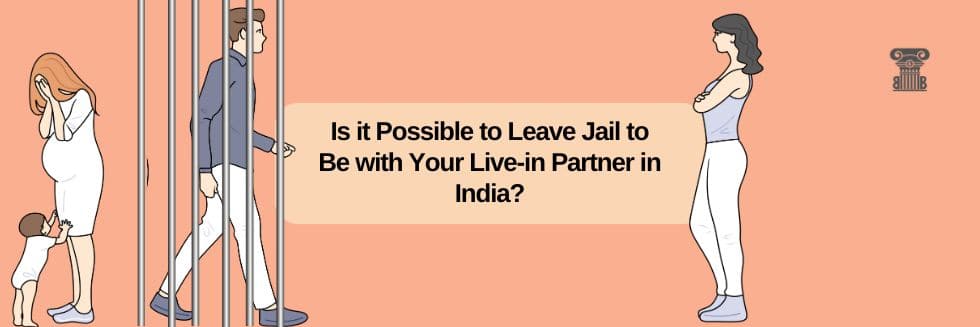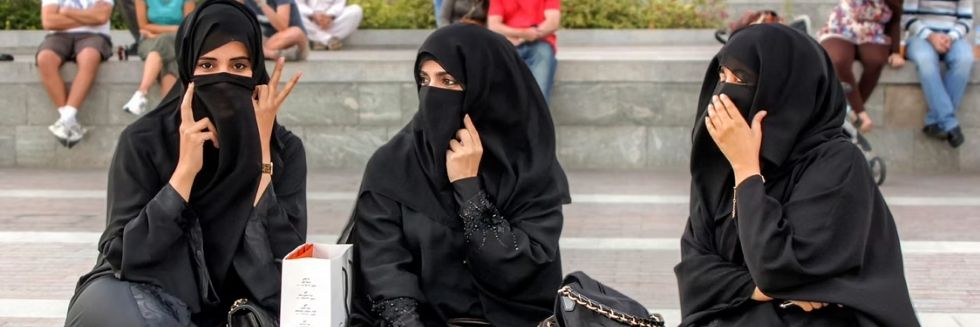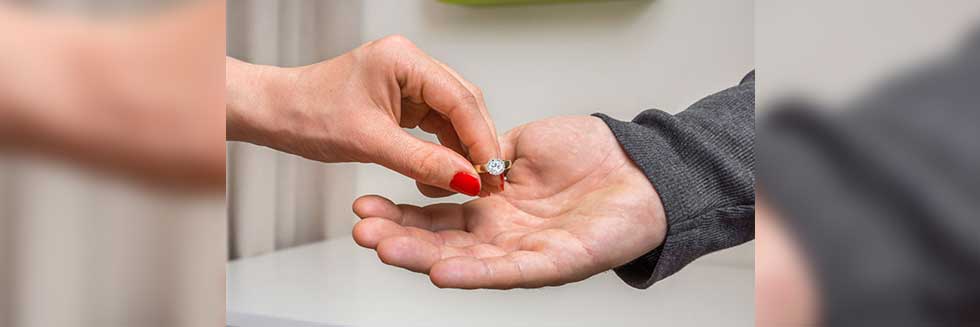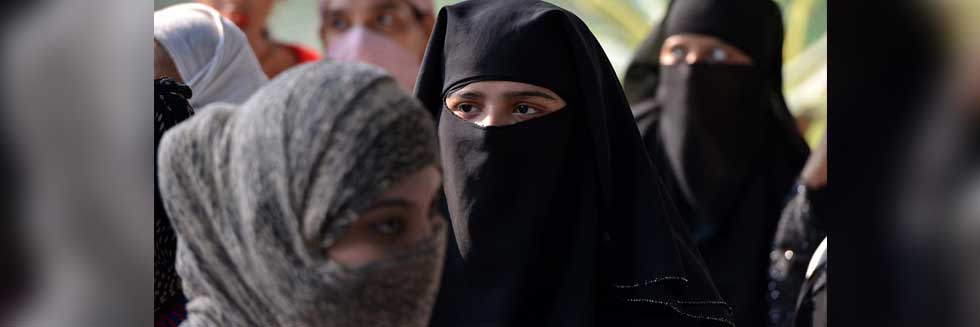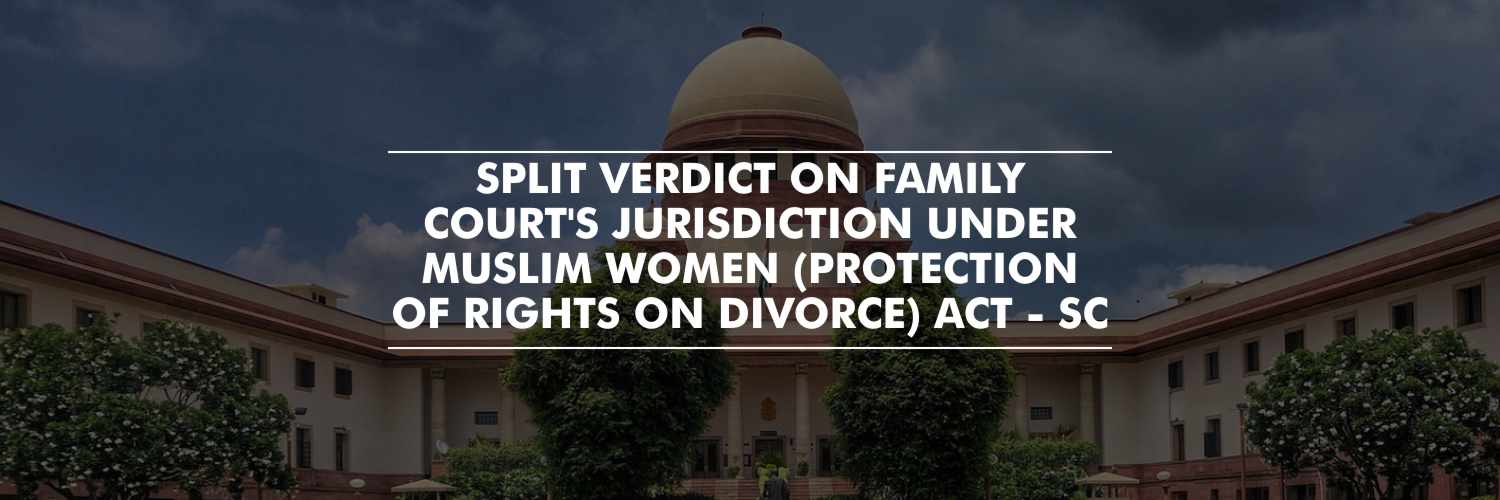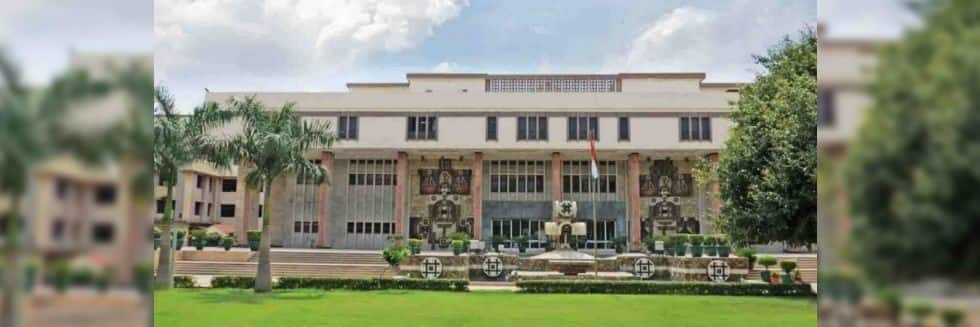In a recent ruling, the Delhi High Court has stated that a convict is not eligible for parole for the purpose of procreation or to maintain conjugal relationships with his live-in partner, especially when he already has a legally wedded wife and children from that marriage.
This observation was made in the case of Sonu Sonkar v. The Lt Governor, Delhi & Ors. The petitioner, Sonu Sonkar, currently incarcerated in Tihar Jail, Delhi, was convicted under Sections 302/34 of the Indian Penal Code, 1860 (IPC) by a judgment dated 15th November 2011. He was sentenced to life imprisonment and a fine of Rs. 5,000. Sonkar has been in judicial custody for approximately 16 years and 10 months, excluding a remission of about 2 years and 9 months.
Sonkar married Ms. T on 10th January 2021, but has been unable to consummate the marriage due to his incarceration. Ms. T applied for Sonkar’s release on parole on this ground before the jail authorities on 2nd January 2024. However, the respondent rejected the application on 5th March 2024.
Subsequently, Sonkar filed a writ petition in the Delhi High Court to overturn the order dated 5th March 2024. The respondent argued that the petition was based on false and frivolous grounds, as Ms. T is not Sonkar’s wife. According to the Status Report, Sonkar is already married to Ms. A and has three children with her.
The High Court, dismissing the petition, did not find it a suitable case for granting parole. Justice Swarana Kanta Sharma noted that a convict is not entitled to parole for procreation or maintaining conjugal relationships with a live-in partner when he already has a legally wedded wife and children from that marriage. The court also observed that granting parole on these grounds would set a harmful precedent.
The court further stated that neither Indian law nor the Delhi Prison Rules, 2018 permit the grant of parole for maintaining conjugal relationships, especially with live-in partners.
